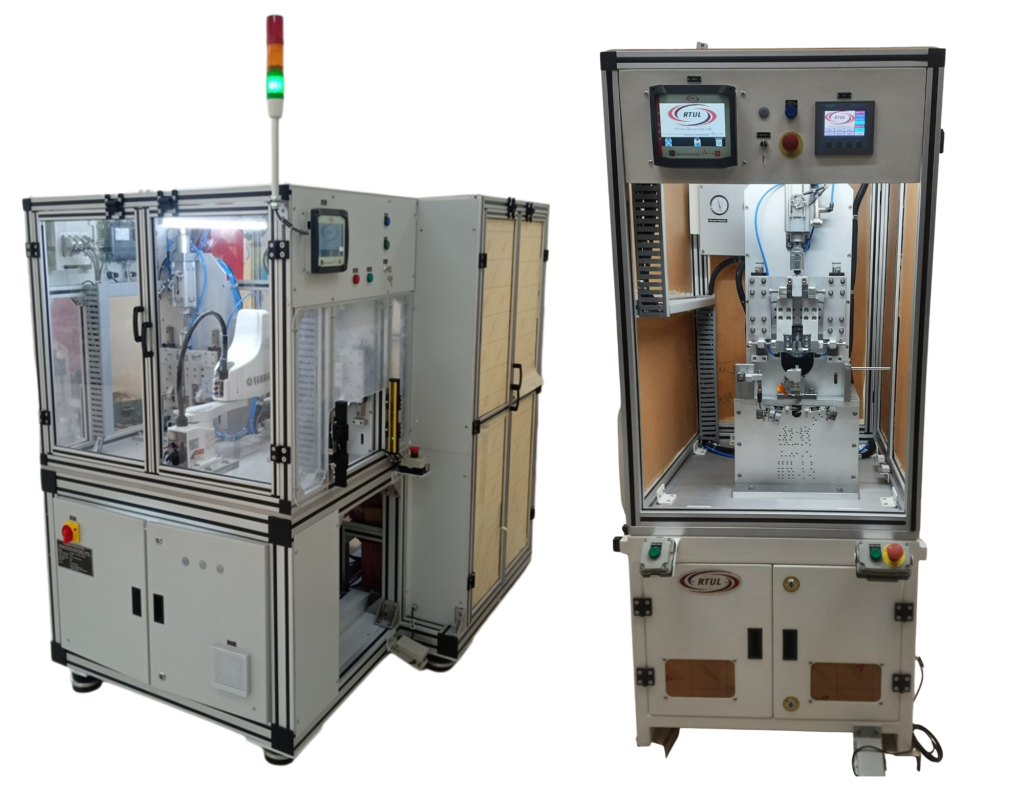
Ultrasonic metal welding is a specialized form of welding that utilizes high-frequency sound waves to join metal parts together. This technology has gained popularity in recent years in the electric vehicle (EV) industry due to its high speed, precision, and versatility.
Advantages and Applications of Ultrasonic Metal welding in the EV Industry.
One of the most significant advantages of ultrasonic metal welding for EV applications is its high welding speed. The ultrasonic vibrations cause the metal parts to undergo a form of plastic deformation which allows for a solid-state weld to be formed in a matter of seconds. This is a significant improvement over traditional welding methods such as TIG, Brazing, and spot welding which can take several minutes to complete.
Another advantage of ultrasonic metal welding is its ability to weld a wide range of metal types and thicknesses. This method can be used to weld aluminum, copper, nickel, and other non-ferrous metals, and can join parts with thicknesses ranging from a few microns to several millimeters. This makes it ideal for use in EV applications where multiple metal types and thicknesses are used.
One of the most critical applications of ultrasonic metal welding in EV is the welding of battery packs. The reliability and safety of batteries are crucial to the overall performance of an EV. Ultrasonic metal welding can be used to join the cells of the battery packs, ensuring a strong and reliable bond that can withstand the high temperatures and stresses of EV operation.
Another application of ultrasonic metal welding in EV is the welding of electric motors. Electric motors are key components in EVs, and their reliability and efficiency are critical to the overall performance of the vehicle. Ultrasonic metal welding can be used to join the various parts of the electric motor together, creating a strong and reliable bond that ensures the motor will perform at its best.
It is also worth mentioning that ultrasonic metal welding is a highly precise method of welding, which is important in applications such as the welding of battery packs and electric motors. The precision of the weld is essential to ensure that the component is able to withstand the high thermal and mechanical loads it will be subjected to in an EV.
In conclusion, ultrasonic metal welding is a specialized form of welding that is becoming increasingly popular in the EV industry. Its high welding speed, precision, and ability to weld a wide range of metal types and thicknesses make it ideal for use in critical EV applications such as welding of battery packs, electric motors, and many more. With the increasing demand for electric vehicles, it is expected that ultrasonic metal welding will play a vital role in the EV industry.
.png)
.png)
.png)